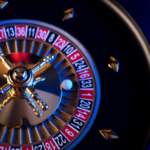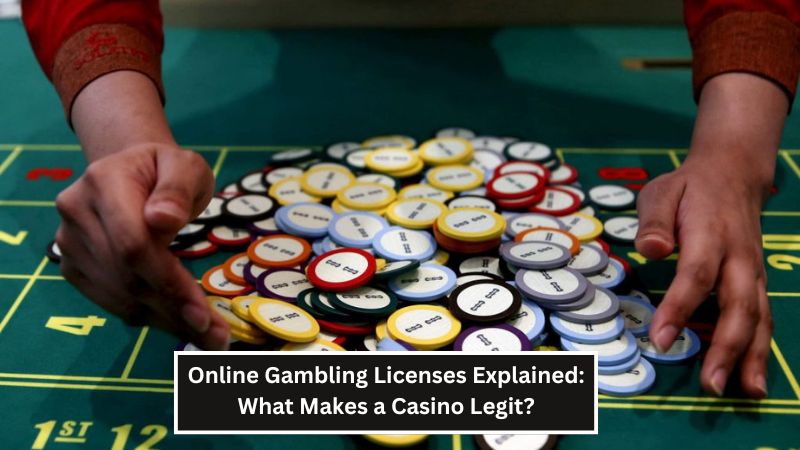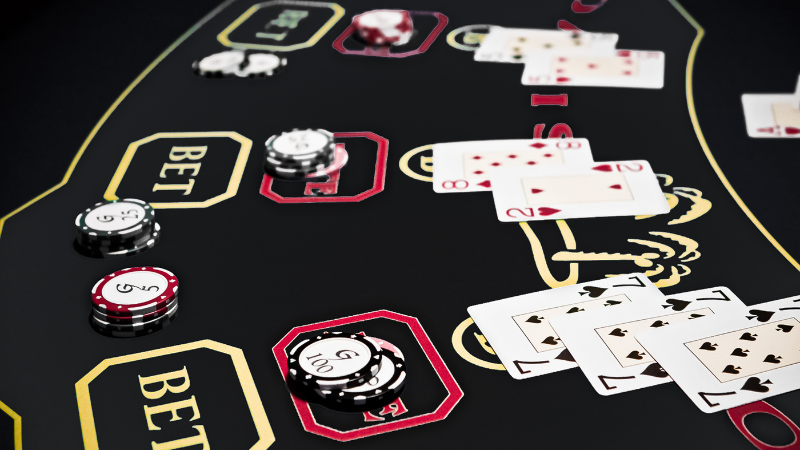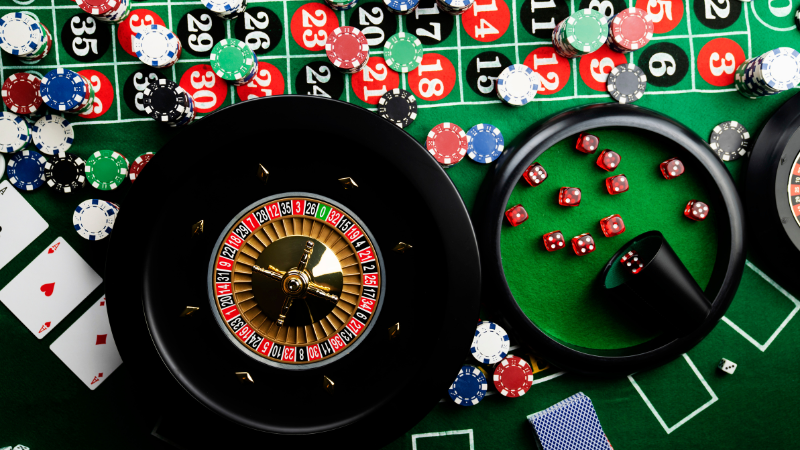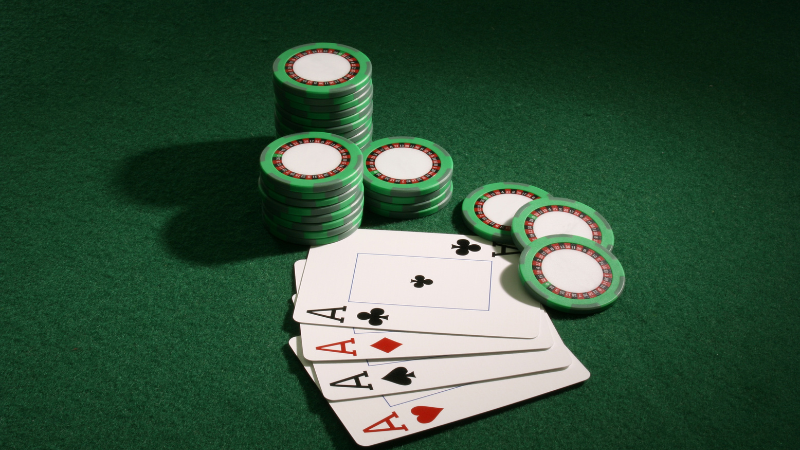Online gambling has become a booming industry over the past two decades. From poker and sports betting to slots and live dealer games, millions of players around the world engage with online casinos daily. But with the rise of digital gaming platforms comes the inevitable question: How do you know if an online casino is legit? The answer lies largely in the casino’s gambling license.
In this blog post, we’ll dive deep into the world of online gambling licenses—what they are, who issues them, why they matter, and how they protect players. Whether you’re new to online gambling or a seasoned player, understanding licenses is crucial for a safe and enjoyable experience.
What Is an Online Gambling License?
An online gambling license is a legal permit issued by a regulatory authority that allows a company to operate online casino or betting services within specific jurisdictions. It’s essentially a stamp of approval that indicates the casino has passed certain checks, complies with local laws, and follows fair gaming practices.
Without a license, a casino operates in a legal gray area—if not outright illegally—and players have very little protection if something goes wrong.
Why Licensing Matters in Online Gambling
1. Player Protection
Licensed casinos are held to strict standards regarding how they handle personal data, payments, and fair play. Regulatory authorities enforce these standards, ensuring that the casino cannot exploit its customers.
2. Fair Gaming
Licenses require casinos to use Random Number Generators (RNGs) and undergo regular audits to ensure that their games aren’t rigged. This ensures that outcomes are fair and random.
3. Responsible Gambling Tools
Licensed platforms are often required to provide tools for setting deposit limits, self-exclusion, and other features designed to prevent gambling addiction.
4. Legal Recourse
If a dispute arises, players can file complaints with the licensing authority, which will investigate and mediate where necessary.
Top Gambling Licensing Authorities Around the World
Not all gambling licenses are created equal. Some regulators are known for their strict standards and rigorous oversight, while others are more lenient. Here are some of the most respected licensing authorities in the industry:
1. United Kingdom Gambling Commission (UKGC)
- Jurisdiction: United Kingdom
- Reputation: One of the most respected regulators.
- Pros: Strong consumer protection, strict advertising rules, regular audits.
- Cons: Very difficult and expensive to obtain.
2. Malta Gaming Authority (MGA)
- Jurisdiction: EU countries
- Reputation: Reliable and player-friendly.
- Pros: EU-based, strong legal framework, widely accepted.
- Cons: Slow licensing process.
3. Gibraltar Regulatory Authority
- Jurisdiction: International (mainly UK and Europe)
- Reputation: Trusted for decades.
- Pros: High regulatory standards.
- Cons: Less transparent than UKGC.
4. Curacao eGaming
- Jurisdiction: Global (mostly outside the EU/US)
- Reputation: Mixed—legit but less strict.
- Pros: Low-cost, fast processing, good for startups.
- Cons: Limited player protection, fewer dispute resolution options.
5. Isle of Man Gambling Supervision Commission
- Jurisdiction: Isle of Man/International
- Reputation: Highly regulated and fair.
- Pros: Strong anti-money laundering policies, transparent operation.
- Cons: Fewer casinos hold this license, harder to obtain.
6. Kahnawake Gaming Commission (Canada)
- Jurisdiction: International
- Reputation: Fair but not very well known.
- Pros: Good for North American operators.
- Cons: Less global recognition.
Red Flags: Signs of an Unlicensed or Shady Casino
Even if a site looks professional, that doesn’t mean it’s safe. Watch for these warning signs:
- No license information in the footer or About Us page
- Unverifiable or fake license numbers
- Lack of secure payment methods
- No responsible gambling tools
- Vague or missing Terms & Conditions
- Delayed or refused payouts
- No independent game testing (e.g., iTech Labs, eCOGRA)
How to Verify a Casino’s License
Before depositing any money, always verify the casino’s license:
- Scroll to the bottom of the homepage – Legit casinos usually list their license number and the regulatory body there.
- Visit the licensing authority’s website – For example, the UKGC offers a public database where you can enter the casino’s name or license number.
- Look for regulatory seals – Symbols like “MGA Licensed” or “UKGC Approved” are common on legit platforms.
- Check third-party audit reports – These show whether a casino’s games are independently tested for fairness.
Are Crypto Casinos Licensed?
Crypto casinos are on the rise, and many operate without a traditional gambling license. While some are pushing for regulation, many operate in legal gray zones or under Curacao licenses. Always be extra cautious with crypto-only platforms—make sure they are at least Curacao licensed and check for fairness reports from organizations like Provably Fair or RNG auditors.
Mobile Apps and Licensing
If you’re gambling on a mobile casino app, the licensing requirements remain the same. App stores like Google Play and Apple App Store generally require proof of licensing before listing real-money gambling apps, which adds an extra layer of trustworthiness.
However, if you’re downloading an APK or iOS app from a casino’s website, be even more cautious. Ensure the app is from a reputable provider and that the parent casino holds a valid license.
Can You Trust Offshore Casinos
Offshore casinos are not necessarily illegitimate, but they are not regulated by your home country’s laws. This makes it harder to resolve disputes or seek help if something goes wrong.
Pros of Offshore Casinos:
- Often accept players from restricted regions
- Bigger bonuses and promotions
- Crypto-friendly
Cons:
- Weaker player protection
- Fewer responsible gambling features
- Risk of being shut down or blacklisted
Always verify that even offshore platforms have at least a Curacao or MGA license.
What Happens if You Play on an Unlicensed Casino?
Playing on an unlicensed casino carries significant risks:
- You could lose your money with no legal recourse
- Your personal and financial data may be exposed
- Games may be rigged or not tested
- You may be violating local gambling laws
While you may be drawn in by flashy bonuses or high RTP claims, unlicensed casinos are rarely worth the risk.
Final Thoughts: Always Check the License First
In the digital age, it’s easier than ever to start gambling online—but not every platform has your best interests in mind. Before registering or depositing any money, always check that the casino holds a valid license from a reputable regulatory body.
A license not only guarantees that the casino is operating legally, but also ensures that you—the player—are protected. With so many options available today, there’s no reason to gamble with your safety.





